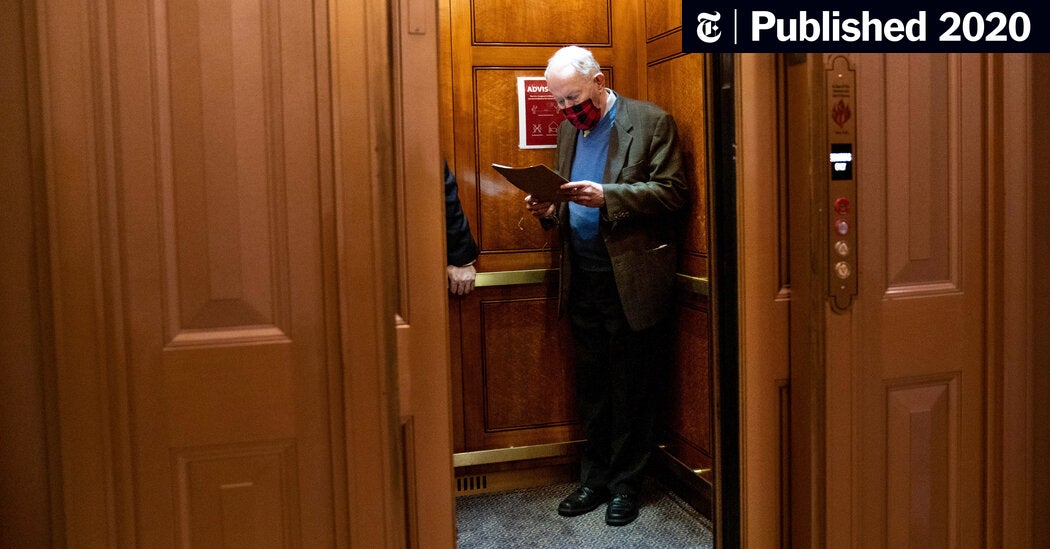- Joined
- May 15, 2005
- Messages
- 1,528
- Reaction score
- 1,746

Surprise Medical Bills Cost Americans Millions. Congress Finally Banned Most of Them. (Published 2020)
Efforts to solve the common consumer problem had been stalled by lobbying pressure and legislative squabbles.

Congress finally moves to stop surprise medical billing
Congress has finally addressed one of Americans' biggest health care headaches: surprise medical billing.
How catastrophic is this? How long until private insurance reimbursement rates resemble Medicare/Medicaid reimbursement rates?
Last edited:
